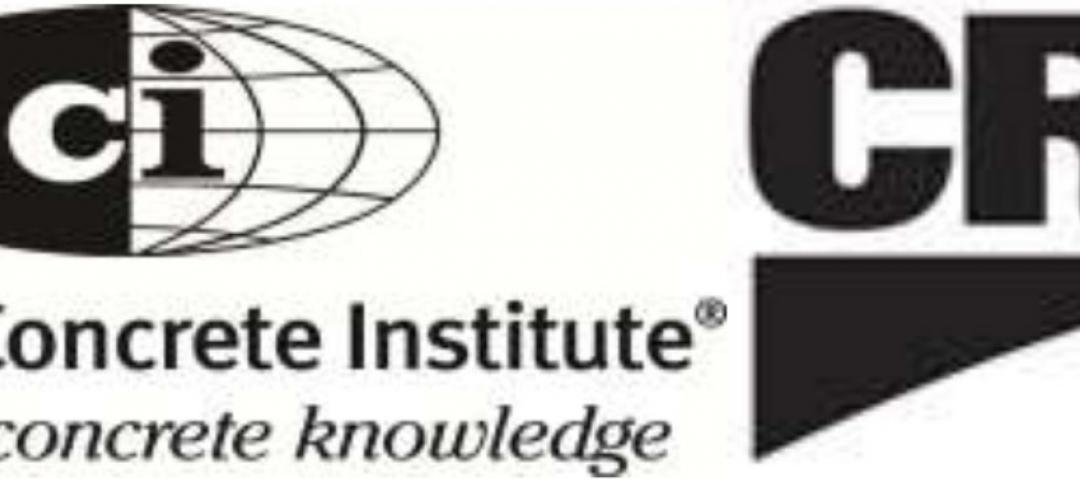Boston has placed significant aspects of its plan to protect the city from rising sea levels on the actions of private developers. Amid a post-Covid commercial development slump, though, efforts to build protective infrastructure have stalled.
When officials approved major projects, they hoped that infrastructure improvements would both protect new developments and prevent flood waters from penetrating low-lying neighborhoods around them. Projects that include features such as sea walls, berms, and elevated land have been put on hold by a global real estate downturn that has made it difficult to finance large projects.
Inaction on planned coastal resilience infrastructure raises questions about the city’s plan of leaning on the private sector to help pay for an essential public good, according to a report in the Boston Globe. Most of the city’s coastline is privately held or controlled, leaving the city little other option than to partner with private landowners.
Prior to the pandemic, Boston was in the midst of a development boom in the Seaport district and other coastal locations, but the construction climate has cooled recently.
Related Stories
| Oct 20, 2011
New York City moving to speedier, online design reviews
New York City is moving towards a development design review process that will let officials and developers review blueprints for new projects online in a virtual conference room rather than in person.
| Oct 20, 2011
Michigan bill would let private firms operate as a city’s building department
Michigan House Bill 5011 would change state’s building code to allow private companies to operate as a municipality's building department.
| Oct 20, 2011
Alabama’s strict immigration law drives away construction workers
Alabama's strict new immigration law is driving many construction workers and roofers from the state.
| Oct 20, 2011
Fed bill would allow school rehab funding via historic tax credits
Virginia Sens. Jim Webb (D) and Mark Warner (D) introduced a bill this month to rehab aging schools across the country through the use of historic tax credits.
| Oct 20, 2011
Process leads to new design values for southern pine and other visually graded dimension lumber
A summary of the process used to develop new design values will clarify many of the questions received by the SFPA.
| Oct 19, 2011
Another drop for Architecture Billings Index
Positive conditions seen last month were more of an aberration.
| Oct 18, 2011
Dow Building Solutions invests in two research facilities to deliver data to building and construction industry
State-of-the-art monitoring system allows researchers to collect, analyze and process the performance of wall systems.
| Oct 14, 2011
ACI partners with CRSI to launch new adhesive anchor certification program
Adhesive anchor installer certification required in new ACI 318-11.
| Oct 13, 2011
New Building Materials Label Focuses On Sustainability
Architectural products company Construction Specialities and design firm Perkins + Will have created a label for building materials to shed light on product content.
| Oct 13, 2011
New Law: California Building Standards Commission Must Include Green Expert
A new California law, AB 930, requires that one member of the California Building Standards Commission be “experienced and knowledgeable in sustainable building, design, construction, and operation.”











